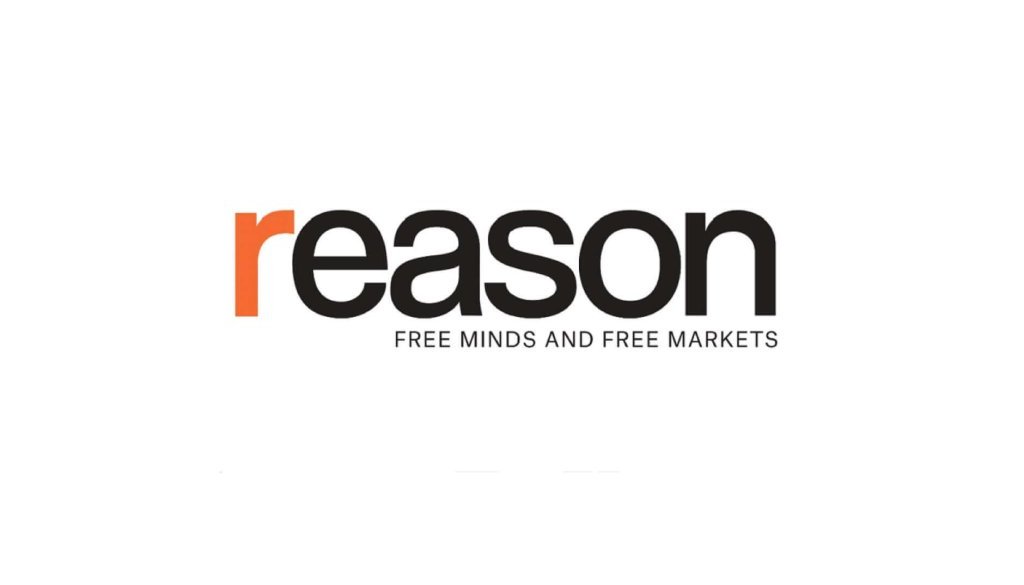How Trump’s New Tariffs Will Make Farming (and Food) More Expensive
Americans love foreign products, but is our indulgence in Canadian whiskey, Mexican avocados, and Brazilian coffee a bad thing? If you ask President Donald Trump, the answer is unequivocally, yes. On Wednesday, the president announced a baseline 10 percent tariff on products from 180 nations, including higher rates for certain countries the president considers bad actors.
These duties will negatively affect the agricultural sector, which relies heavily on trade. Despite exporting over $175 billion worth of agricultural products (the third-highest level on record), imports outpaced exports in 2024.
If history is any indicator, farmers are sure to pay for Trump’s trade war. During the first Trump administration, retaliatory tariffs on American goods led to $27 billion in losses to agricultural exports, according to the U.S. Department of Agriculture, most of which was caused by lost trade with China.
This time around, the damage could be more severe. Wednesday’s announcement elevated tariffs on three of America’s five largest agricultural trading partners—China (34 percent), the European Union (20 percent), and Japan (24 percent). Mexico and Canada, which are America’s two largest trading partners, were exempt from the list but have faced 25 percent duties on certain products since March.
Together, these five markets account for more than 60 percent of American agricultural exports and retaliatory tariffs have already been enacted by some. China has implemented a 10 percent to 15 percent tariff on American soybeans, cotton, pork, and poultry. In March, Canada announced retaliatory tariffs on a numbe
Article from Reason.com

The Reason Magazine website is a go-to destination for libertarians seeking cogent analysis, investigative reporting, and thought-provoking commentary. Championing the principles of individual freedom, limited government, and free markets, the site offers a diverse range of articles, videos, and podcasts that challenge conventional wisdom and advocate for libertarian solutions. Whether you’re interested in politics, culture, or technology, Reason provides a unique lens that prioritizes liberty and rational discourse. It’s an essential resource for those who value critical thinking and nuanced debate in the pursuit of a freer society.




